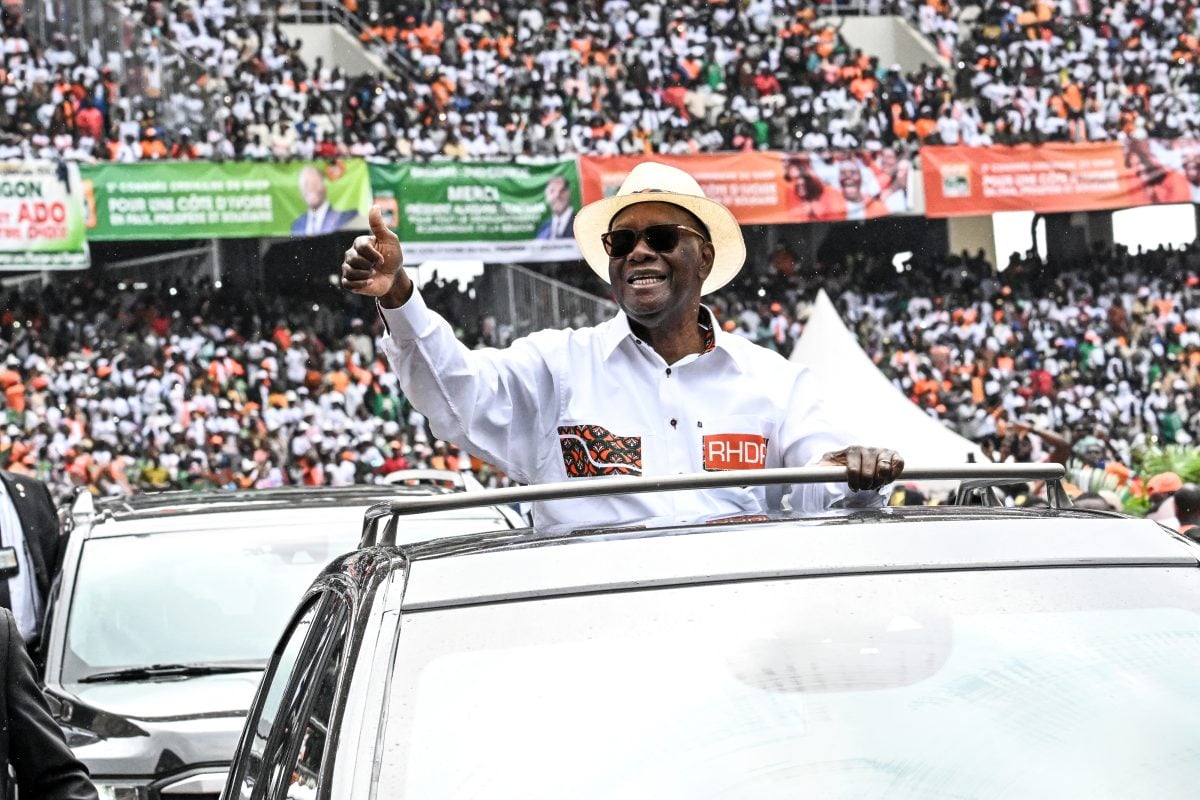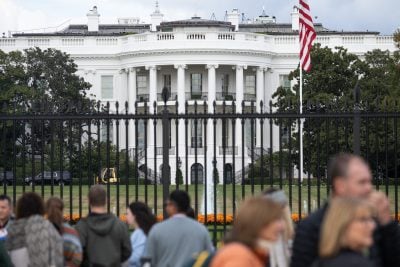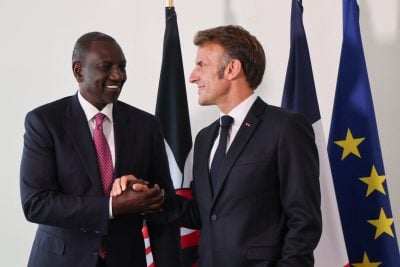President Alassane Ouattara’s decision to stand for a fourth term in office and the electoral commission’s exclusion of major opposition candidates means the suspense is rather lacking from Côte d’Ivoire’s presidential election on 25 October.
As one Ivorian entrepreneur in Abidjan, Jean Modeste Tehoua, points out, “I cannot see how Ouattara could lose these elections, given the exclusion of the significant opposition candidates.”
Tidjane Thiam, the former Credit Suisse CEO, has been barred from standing for the main opposition party, the PDCI, due to a previous dual nationality issue.
Meanwhile, former President Laurent Gbagbo of the PPA-CI has seen his candidacy rejected on the grounds that he has a historical criminal conviction.
The remaining four approved candidates for the poll – Ahoua Don Mello, Jean Louis Billon, Simone Gbagbo (former wife of Laurent Gbagbo) and Henriette Lagou Adjoua – stand very little chance of unseating President Ouattara, who has now been in office for 14 years.
Don Mello, Billon and Simone Gbagbo are all relatively well-known figures but without the support of political heavyweights Thiam or Laurent Gbagbo, they will struggle to get far in the poll.
The fact that the presidential election will be virtually a one-horse race is largely a positive thing for those benefiting from the status quo.
“Ouattara’s retention of power will reassure economic operators who don’t want the uncertainty of a change of power,” notes Tehoua.
Economy at heart of president’s appeal
President Ouattara has overseen an economic boom that has seen Côte d’Ivoire regularly record annual growth of over 6.4% over the past 10 years. The IMF forecasts growth of 6.4% again this year.
“Over the past 14 years, business-friendly policies, successful Eurobond issuances, rising foreign direct investment and major infrastructure investments have consolidated Cote d’Ivoire’s position as the strongest economy in Francophone West Africa,” says Tiffany Wognaih, senior associate at J.S. Held, a strategic advisory firm in London.
At a time of great uncertainty across West Africa, a region beset by coups, Ouattara has provided reliable stability. Ouattara’s friendships with Western leaders, particularly French President Emmanuel Macron, stand in stark contrast to the frosty reception they have received in regional countries which have undergone military coups, such as Mali and Burkina Faso.
Ouattara has overseen enormous infrastructure development. Power generation has increased by an average of 6% annually since 2010, while tarmac roads now connect all major urban centres. Poverty has declined, falling from 55% in 2011 to around 37.5% in 2021 according to the most recent World Bank data. though critics claim that high growth rates should have translated into even lower poverty rates.
Efforts to diversify the economy and move away from an overdependence on cocoa have also accelerated. There have been at least five major mining discoveries, and two major oil and gas finds since 2020.
A fourth term in office promises more of the same, according to Byron Cabrol, senior Africa analyst at Dragonfly, a geopolitical consultancy in London: “This notably includes efforts to boost offshore oil and gas exploration and further regulate the mining industry.”
Pockets of dissent
Still, the managed election process is unlikely to be greeted with unanimous approval.
“A fourth mandate will be contested by one part of the country, and this will revive political and social tensions. This will have inevitable consequences for the business climate in Abidjan,” warns Tehoua.
Protests against the electoral commission and the government itself could take place over the coming weeks. Thiam and Gbagbo have shown in recent months that they are capable of mobilising much larger protests than Côte d’Ivoire has seen for a decade. In August, a joint PDCI/PPA-CI protest amassed thousands of people in Yopougon.
Party leaders have told their supporters to remain calm and avoid ethnic slurs, with the risk of intercommunal violence deemed less than in previous contests.
As Wognaih points out: “This time, limited unrest is more likely, taking the form of small-scale demonstrations, especially in urban and southern areas aligned with the PPA-CI or PDCI. These are unlikely to escalate into the widespread violence of previous electoral cycles.”
Cabrol agrees: “We have not seen widespread popular anger on social media or spontaneous mobilisation in response… We do not anticipate there to be particularly large or violent protests.”
According to Wognaih, this comparatively peaceful approach to the polls stems from a kind of social compact at play in this election.
“Many Ivorians are willing to tolerate a fourth term as long as the government continues to deliver growth and opportunity.”
Still, Ouattara’s legitimacy will be corroded by repeated managed elections – the 2020 presidential election was boycotted by the majority of the opposition and Ouattara won that poll virtually unopposed too.
The president continues to enjoy considerable support, underscored by the Independence Day rally this year, which demonstrated that both the military and a large proportion of the public are still in favour of him. Equally, a 70,000-strong rally in the northern town of Korhogo in 2024 showed his persistent popularity.
Succession challenge looms
But questions have already begun to mount within his own party and the public about why it was necessary to make the election quite so one-sided.
These seeds of internal dispute within the ruling RHDP and among its supporters will be problematic in the longer term, as the government starts to consider a succession plan for Ouattara. The question acquires greater urgency by the day – by 2030, Ouattara will be 88.
“A fourth Ouattara term delays but does not resolve the question of who leads the RHDP after him,” says Wognaih.
“Competition over his eventual successor is likely to strain ruling party cohesion, fuel uncertainty and elevate risks to businesses operating in Côte d’Ivoire in the medium to long term.”
Want to continue reading? Subscribe today.
You've read all your free articles for this month! Subscribe now to enjoy full access to our content.
Digital Monthly
£8.00 / month
Receive full unlimited access to our articles, opinions, podcasts and more.
Digital Yearly
£70.00 / year
Our best value offer - save £26 and gain access to all of our digital content for an entire year!

 Sign in with Google
Sign in with Google 



